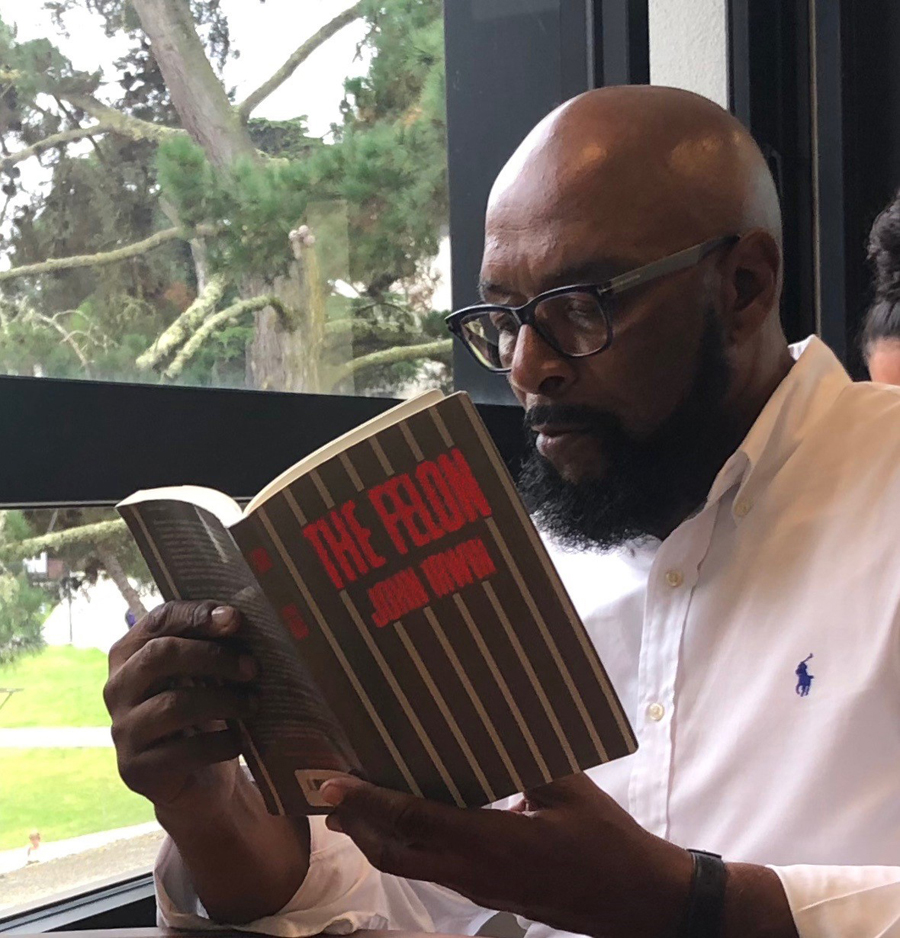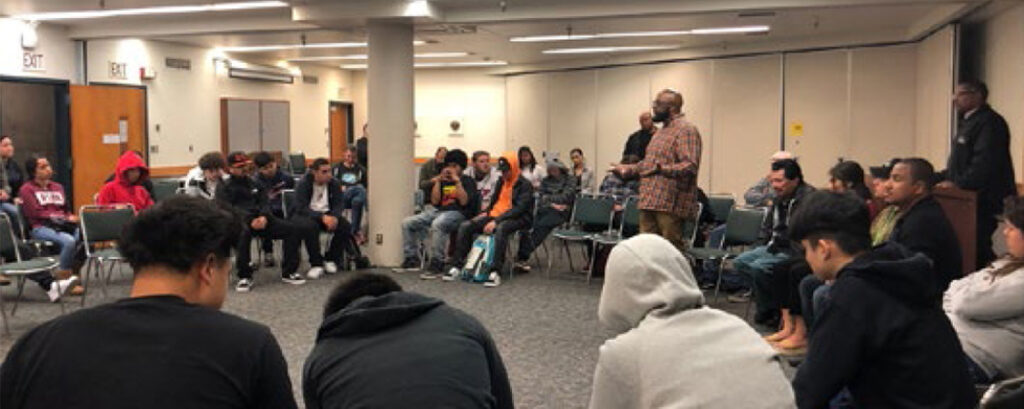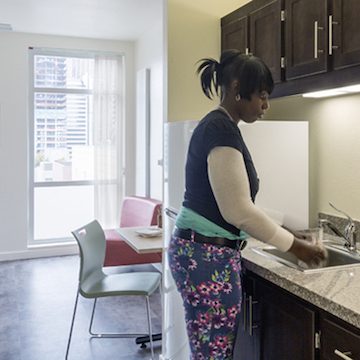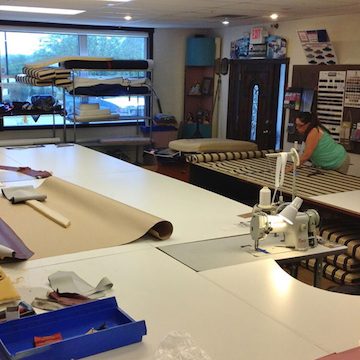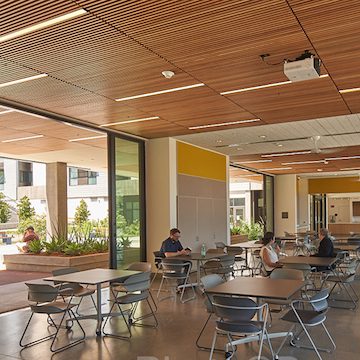Options for Institute Development
There are options for implementing the Rebound Institute buildout: (1) new construction, (2) renovation of an existing building or (3) leasing space in partnership with another development under design or construction as a way to fulfill its affordable-housing requirement. We will explore all options.
While new construction would allow us to shape the Institute’s physical environment most directly, the viability of this option depends on site availability and overall cost. Ideally, the Institute will be located within a short distance of the SF State campus (within 5-10 minutes walking, biking or by transit). As a consequence of the pandemic, the current high vacancy rate of retail and office space in San Francisco and the East Bay could provide opportunities for us to renovate existing space.
The Rebound Institute’s components – housing, workshops, legal advocacy and community space – are interrelated. Therefore, it would be best to develop all program components concurrently if possible. However, depending on the timing required to develop strategic partnerships and secure financing, we will consider options to phase in program components or implement single elements as pilot projects.
Phasing possibilities could include, for example, modest renovation of an existing building to house a smaller number of residents and one workshop space. The Legal Clinic could be housed in vacant office or retail space, for example, while we gather the resources to build the full Institute.

